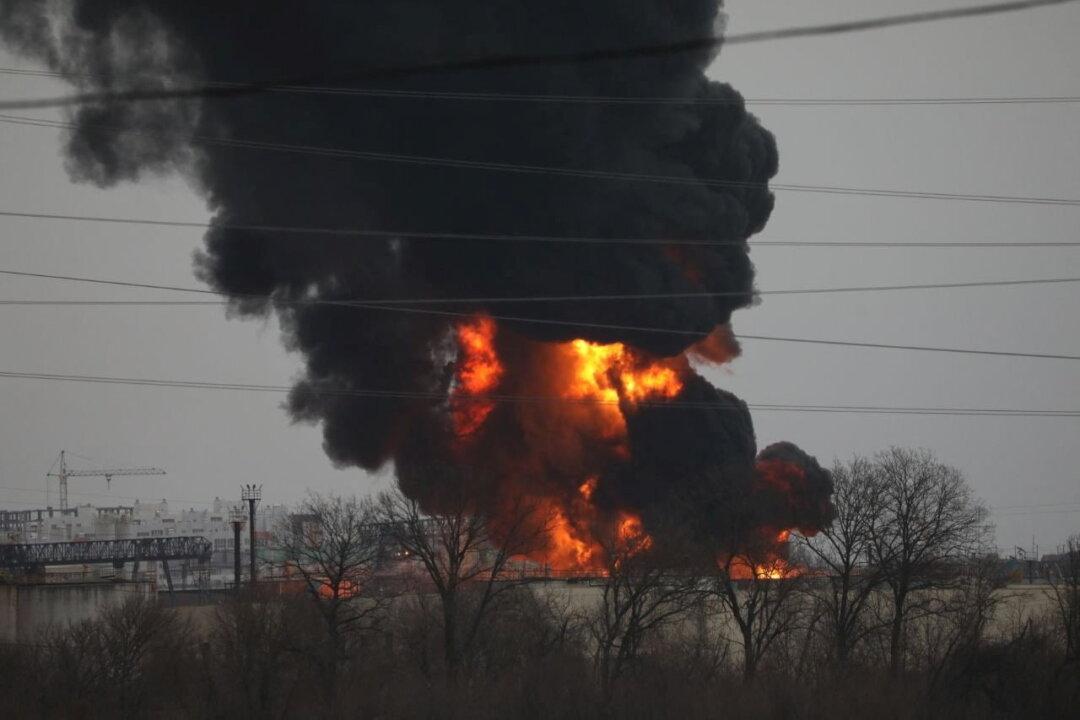Ukrainian saboteurs have attacked Russia’s Belgorod region, the region’s governor claimed on May 22, leaving three people injured and causing significant material damage.
The government in Kyiv, for its part, denies complicity in the attack, attributing it instead to “violent resistance movements” that are opposed to Russian President Vladimir Putin.





